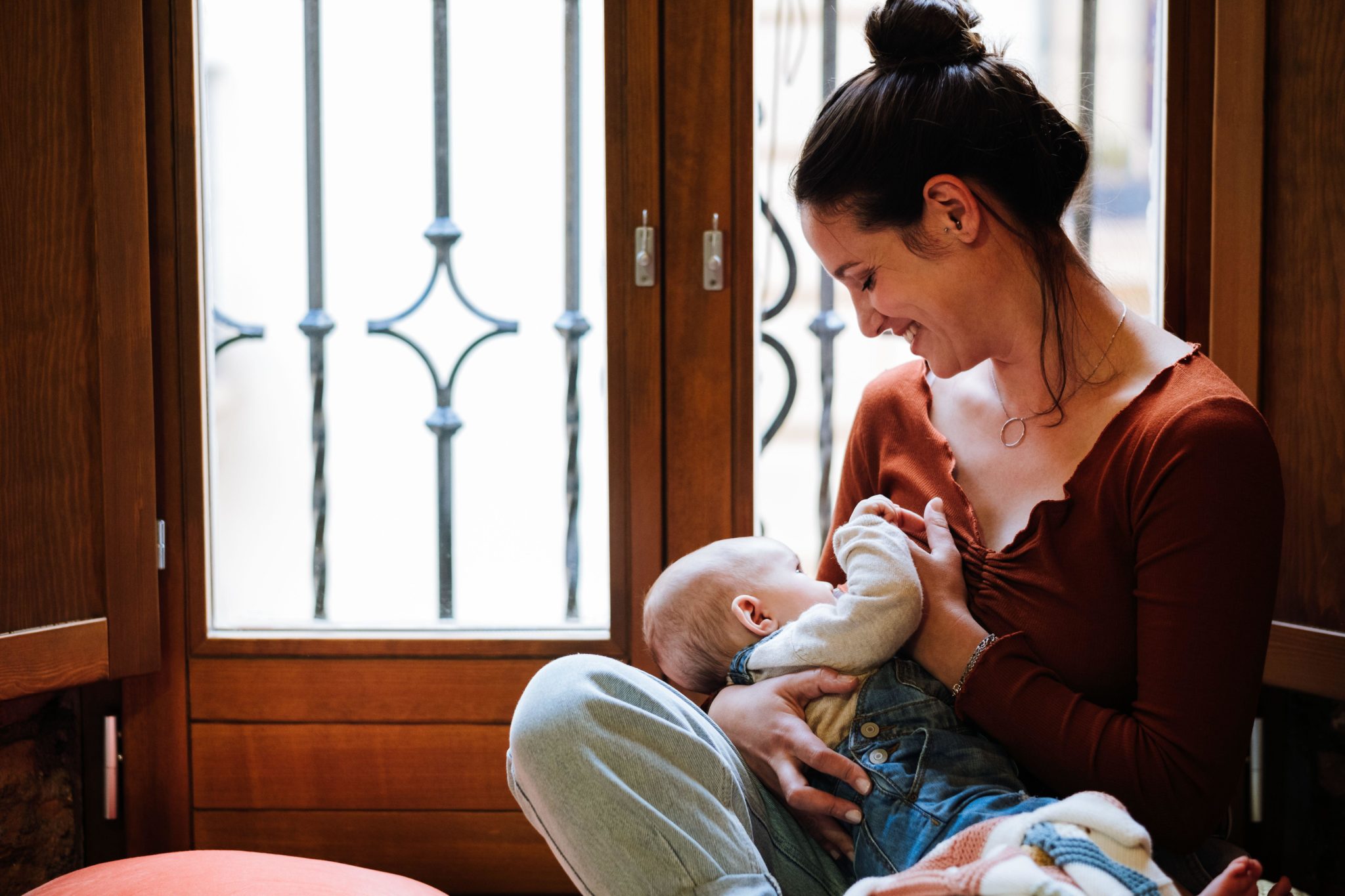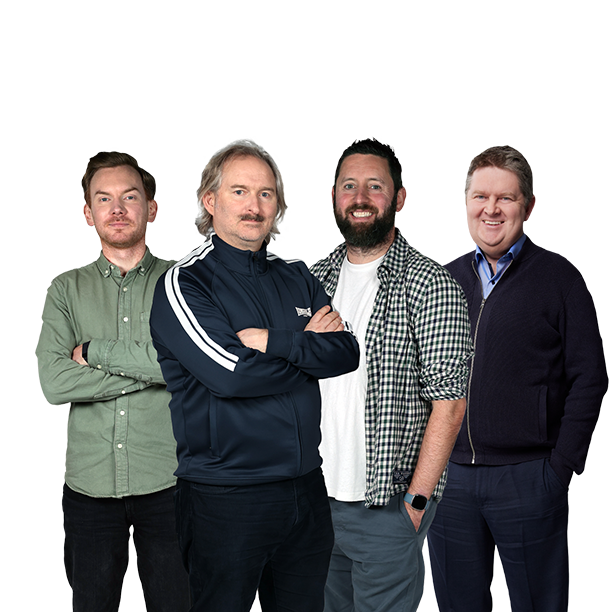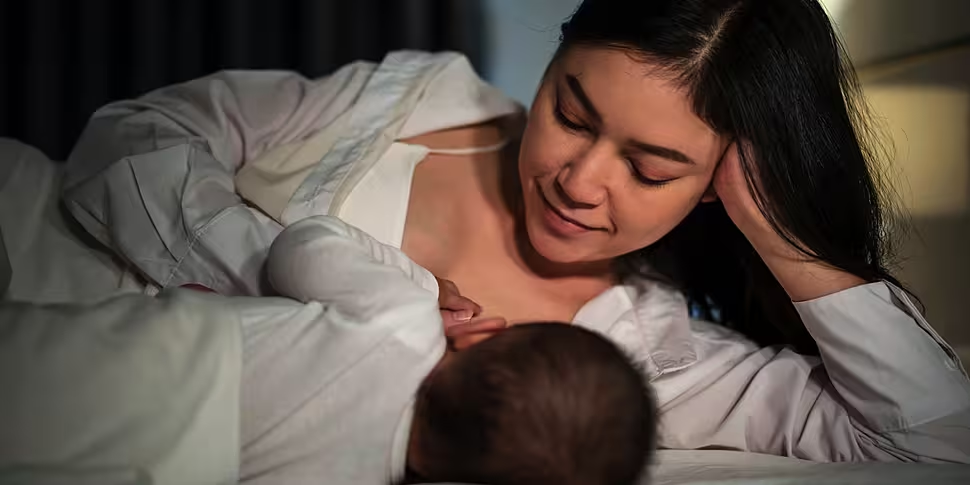Rates of breastfeeding in Ireland remain “depressingly low”, a leading expert in maternal and foetal health has said.
In 2021, the HSE estimated 59% of babies in Ireland were being breastfed - but this figure is much lower than in other western nations.
By contrast, the US Centers for Disease Control and Prevention estimates that over 80% of American babies are breastfed.
To mark World Breastfeeding Week, Professor Louise Kenny urged young mothers to consider the “huge number of benefits” if they decide to breastfeed their child.
“It’s the perfect nutrition,” she told Newstalk Breakfast.
“So, every breastfeed is specific for that baby at that time; it’s readily available, always served at the right temperature and it’s free.
“In terms of babies’ health, we know that breastfed babies have a lower risk of infections; they’re less likely to have ear infections and stomach bugs.
“As they grow, they’ve got a lower risk of asthma and we know that the benefits of breastfeeding go on into adult life.
"Babies that were breastfed grow up into adults that have a lower risk of obesity and Type 1 diabetes.
“There’s also been some really intriguing work recently that shows that babies that are breastfed are more likely to do well at school - they have a higher IQ.”
 A woman breastfeeding her baby. Image: Alamy Stock Photo
A woman breastfeeding her baby. Image: Alamy Stock PhotoThe benefits of breastfeeding are not just confined to babies, as mothers also benefit from improved health outcomes as well.
“Mums who breastfeed have a lower risk of breast cancer and also, [they] themselves have a lower risk of obesity and diabetes,” Professor Kenny said.
“So, the benefits are multiple and they go on for a very long time.”
Between 2019 and 2021, the number of mothers who breastfed their children increased from 54% to 59% - a figure Professor Kenny would like to see increase further.
“I’ve worked in Ireland and Britain and they have similarly depressingly low rates of breastfeeding,” she said.
“There’s a couple of reasons why we have such low breastfeeding rates; I think one of the big ones is that it’s cultural.
“We’ve got low rates of breastfeeding that go back a couple of generations now and it’s quite difficult if you’re a young mum to do something [different].
“You can’t be what you can’t see.
“So, if there isn’t a culture of breastfeeding, it’s difficult.”
Societal pressure
Professor Kenny said many women still feel “very stigmatised” if they breastfeed in public but in an ideal world they should be able to breastfeed “anywhere at any time”.
“We certainly don’t make it easy for young Mums who wish to breastfeed,” she said.
“Even if you look at shops and restaurants and things; there are very few that have appropriately situated places for breastfeeding.
“Sometimes those that do have facilities next to or actually in the toilets - and I certainly would not eat my dinner in the toilets, so I don’t see why we expect for small babies to be fed there.”
The HSE has a list of support groups and advice for those women who are breastfeeding their child.
Main image: A breastfeeding mother. Picture by: Alamy.com









